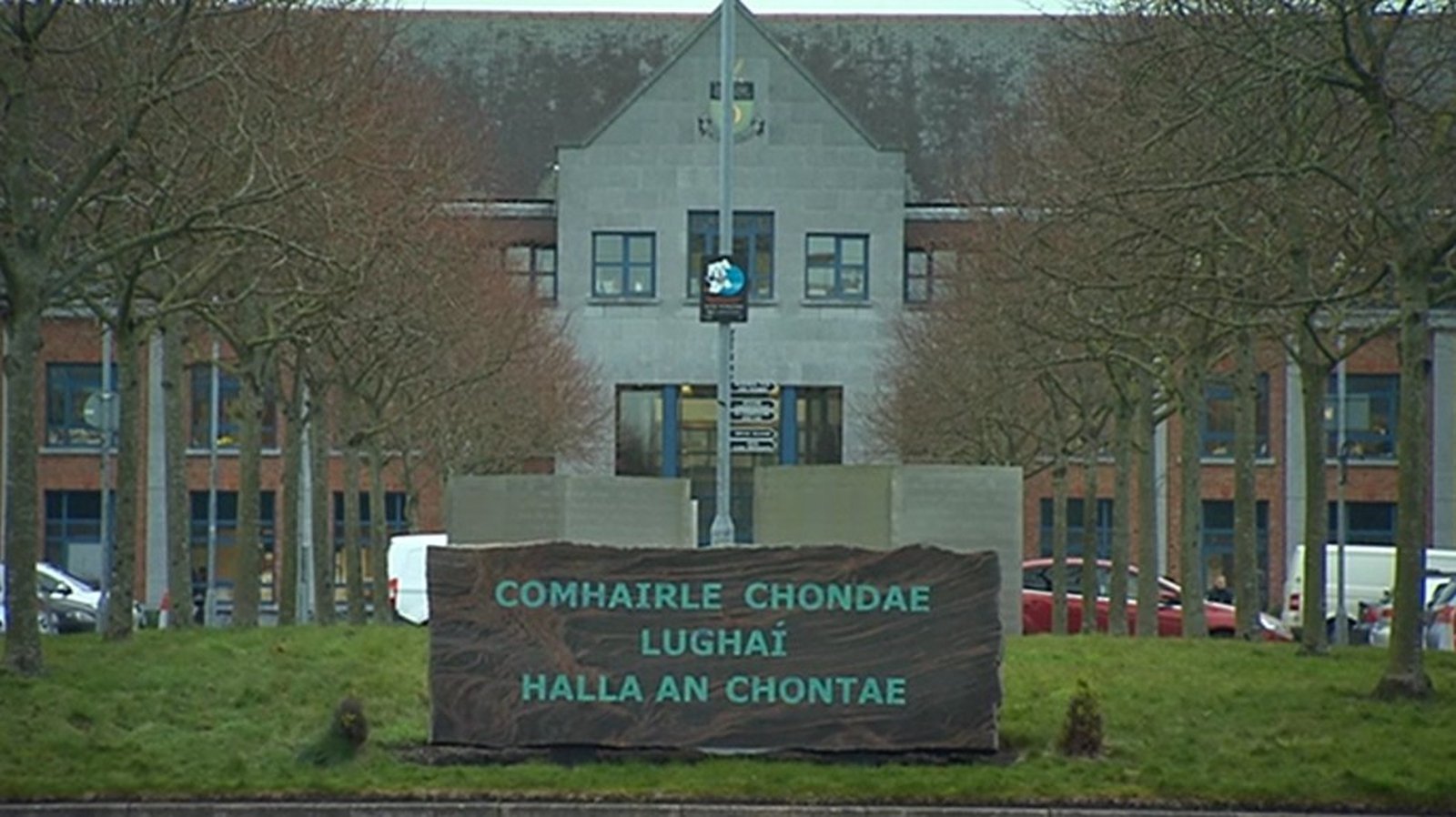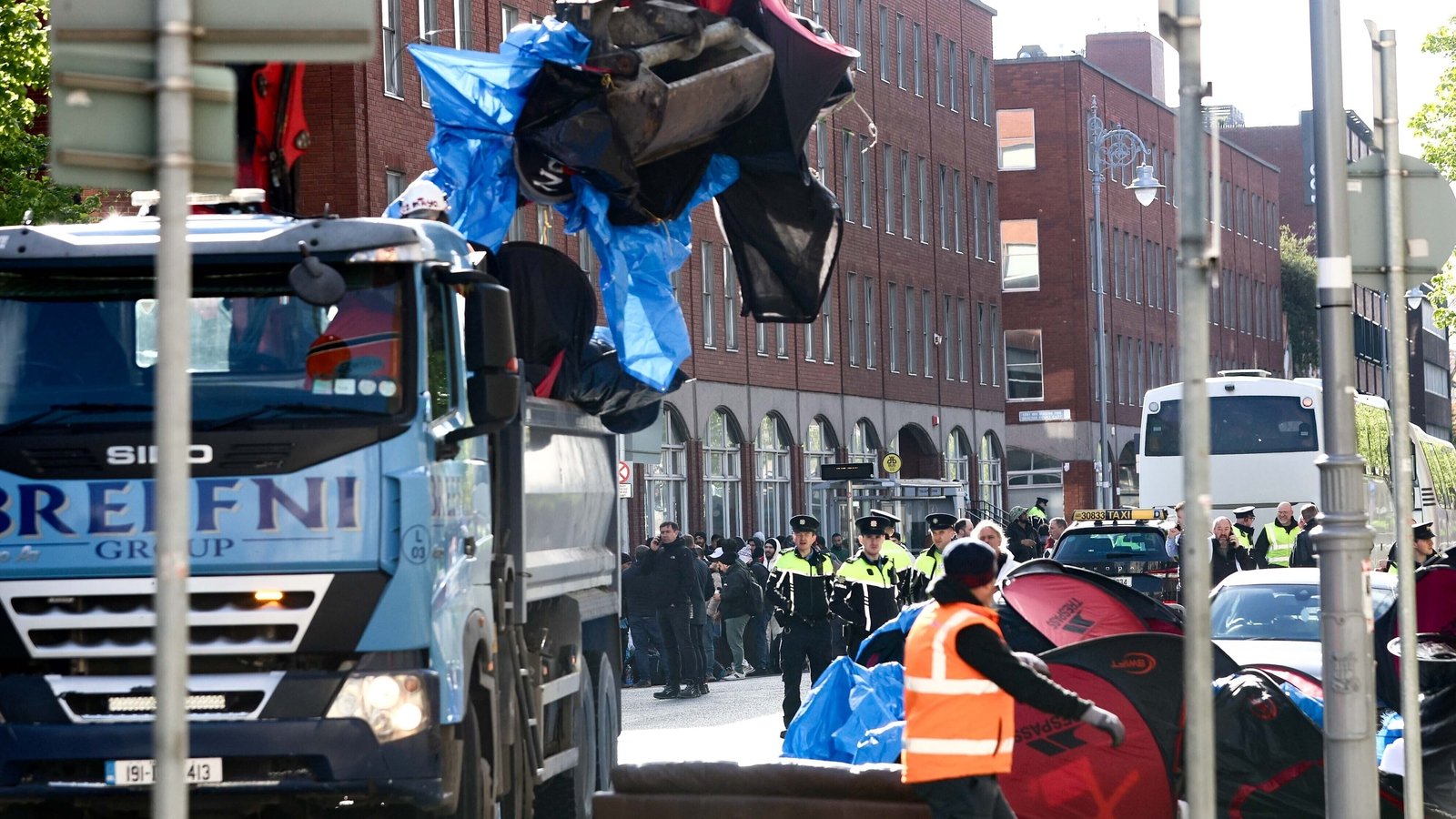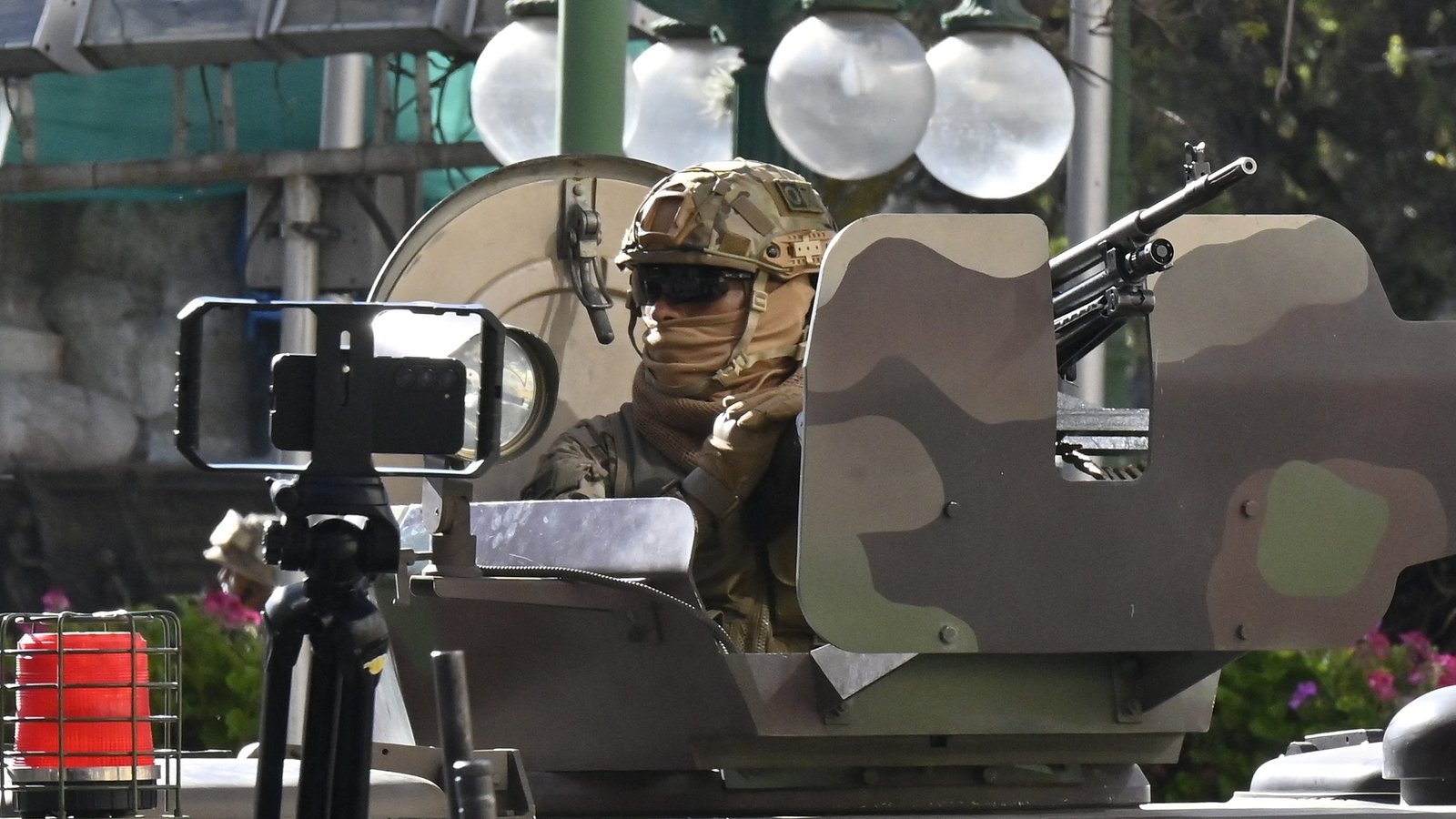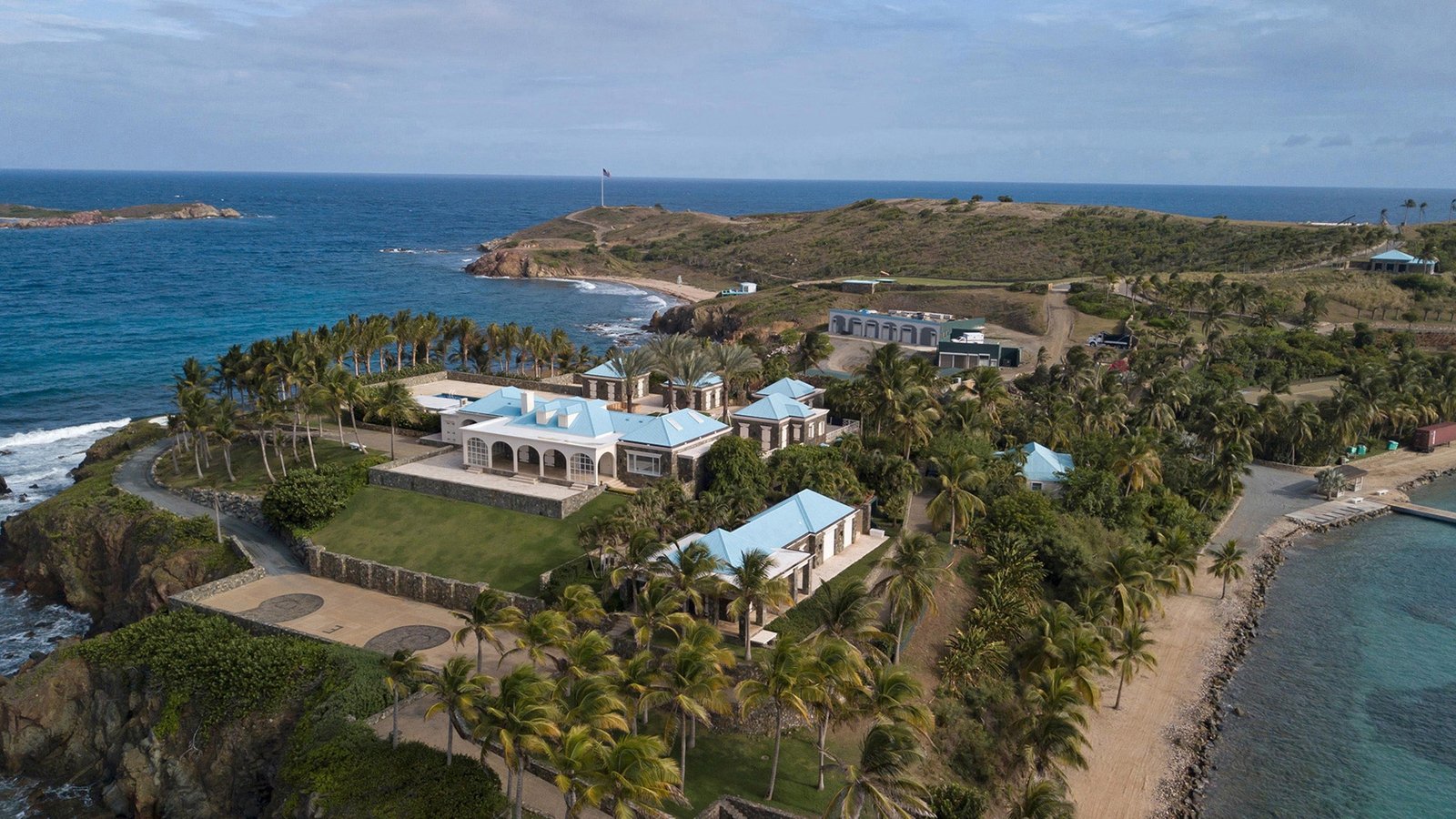Israeli army plans evacuation as PM vows push into Rafah
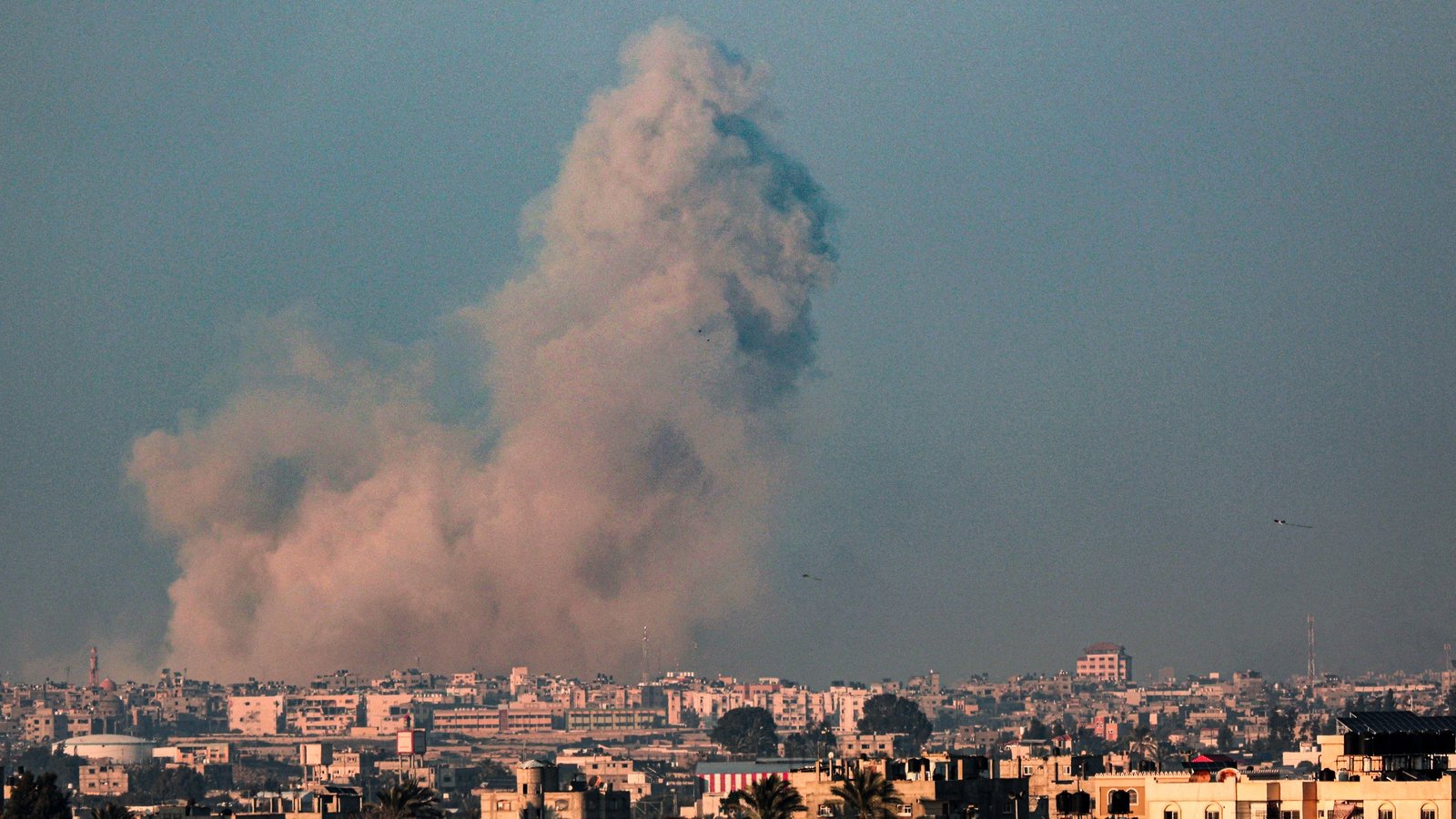
Israel’s military proposed a plan for “evacuating” civilians from Gaza, after Prime Minister Benjamin Netanyahu said a ground invasion of the Palestinian territory’s southern city Rafah was necessary for “total victory”.
Foreign governments and aid organisations have repeatedly expressed fears that such an operation will inflict mass civilian casualties in Rafah, where around 1.4 million Palestinians, most of them displaced from other areas, have converged.
It is also the entry point for desperately needed aid, brought in via neighbouring Egypt.
Israel’s military presented the War Cabinet with a plan for evacuating the population from areas of fighting in the Gaza Strip, and with the upcoming operational plan”, a statement in Hebrew from Mr Netayahu’s office said.
The statement did not give any details about how or where the civilians would be moved.
The announcement comes after Egyptian, Qatari and US “experts” met in Doha for talks also attended by Israeli and Hamas representatives, state-linked Egyptian media said, the latest effort to secure a truce before the Muslim holy month of Ramadan.
Israel’s ally the United States said ongoing mediation efforts produced “an understanding” towards a ceasefire and hostage release, while a Hamas source said the group insisted on the withdrawal of Israeli forces.
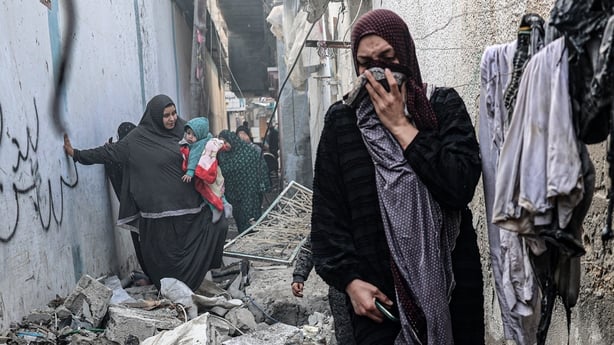
However Mr Netanyahu said a ground invasion of Rafah would put Israel within weeks of “total victory” over Hamas, whose 7 October attack triggered the war.
“If we have a (truce) deal, it will be delayed somewhat, but it will happen,” he said of the ground invasion in an interview with CBS.
“It has to be done because total victory is our goal and total victory is within reach, not months away, weeks away, once we begin the operation.”
The UN has said it faces restrictions, particularly on aid deliveries to northern Gaza.
The Doha talks follow a weekend meeting in Paris, without Gaza rulers Hamas, where representatives “came to an understanding among the four of them about what the basic contours of a hostage deal for temporary ceasefire would look like”, White House National Security Advisor Jake Sullivan told CNN.
A Hamas source said that “some new amendments” were proposed on contentious issues, but “Israel did not present any substantive position on the terms of the ceasefire and the withdrawal from the Gaza Strip”.
Mr Netanyahu has dismissed the troop withdrawal demand as “delusional”.
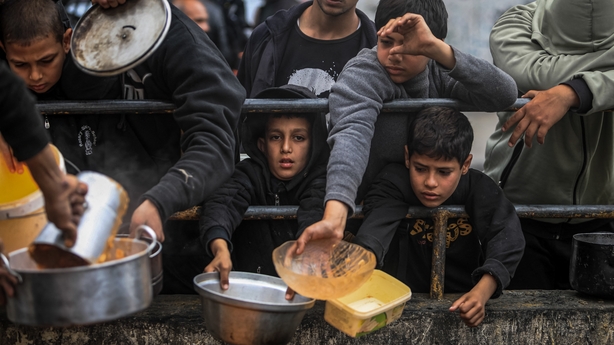
Israeli forces continued striking targets across the Palestinian territory and battling militants in heavy urban combat centred on the southern city of Khan Younis, near Rafah.
The Israeli military campaign has killed at least 29,692 people in Gaza, mostly women and children, according to the Hamas-run territory’s health ministry.
The war broke out after Hamas’s unprecedented attack, which resulted in the deaths of about 1,160 people in Israel, mostly civilians, according to an AFP tally of official figures.
‘Expanding the conflict’
Militants also took about 250 Israeli and foreign hostages, 130 of whom remain in Gaza, including 31 presumed dead, according to Israel.
Mediators have voiced hope that a temporary truce and a hostage-prisoner exchange can be secured before the start of Ramadan on March 10 or 11, depending on the lunar calendar.
Jordan’s King Abdullah II warned fighting during the holy month “will increase the threat of expanding the conflict”, according to a royal statement.
Media reports suggest the warring parties are weighing a six-week halt to fighting and the initial exchange of dozens of female, underage and ill hostages for several hundred Palestinian detainees held by Israel.
Hezbollah threat
Across from overcrowded Rafah, neighbouring Egypt has kept its border closed, saying it will not help facilitate any operation to push Palestinians out of Gaza.
However satellite images show it has also built a walled enclosure next to Gaza, in an apparent effort to brace for the possible arrival of large numbers of refugees.
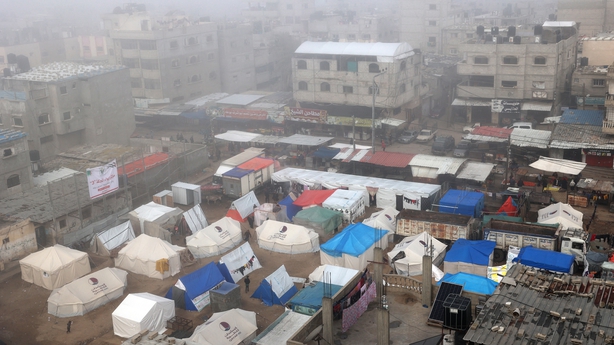
Inside Israel, public pressure has grown on Mr Netanyahu from the families of hostages demanding swifter action, and from resurgent anti-government protests.
Defence Minister Yoav Gallant said there would be no let-up in action against Lebanon’s powerful Hamas ally Hezbollah, whose militants have traded near-daily fire with Israeli forces since early October.
Both Hamas and Hezbollah are backed by Israel’s enemy Iran.
“If anyone thinks that when we reach a deal (with Hamas)… it will ease what is happening here , they are wrong,” he said.

